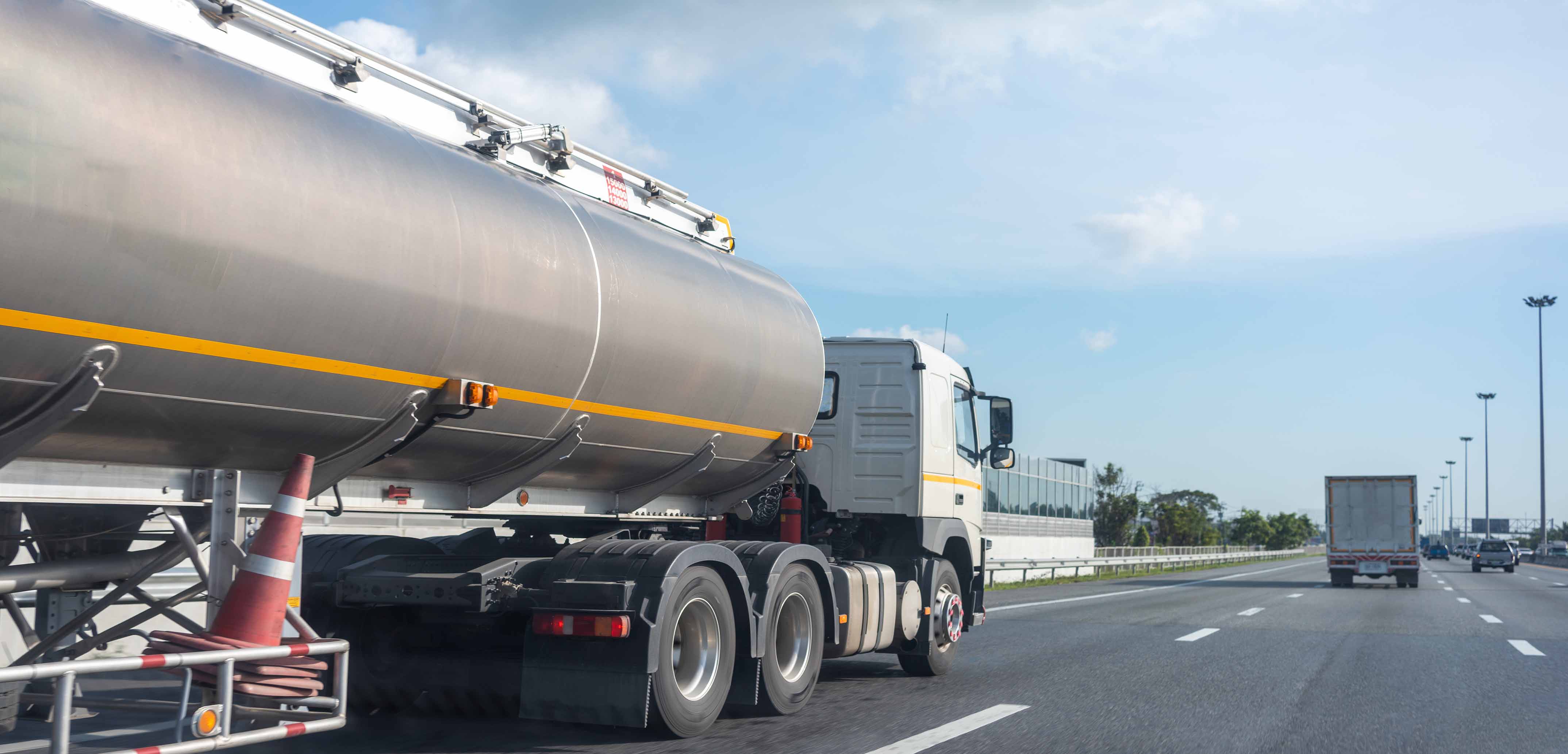
Exploring the Root Causes of Common Fuel Theft and How to Address Them
Exploring the Root Causes of Common Fuel Theft and How to Address Them
In today’s competitive economic environment, an effective transport management system is crucial for businesses operating in industries with complex supply chains. Without proper transportation infrastructure, it becomes difficult to move raw materials, finished goods, and other supplies around, leading to delays, higher costs, and lost revenue. Fortunately, technological advancements have made it easier for businesses to streamline their transportation operations and optimise their supply chains. By leveraging data and automation, companies can better track their shipments, improve delivery times, reduce transportation costs, and ultimately improve their bottom line.
In India, the cost of fuel is a significant component of the transportation cost for businesses, accounting for around 40-50% of the total supply chain expenses. The cost of fuel has a direct impact on the pricing strategy of many companies operating in India, and fluctuations in fuel prices can have a ripple effect on the economy. To put this into perspective, India consumed a whopping 194.6 million tons of petrol during the 2022-23 financial year, highlighting the country's heavy dependence on fuel for its transportation needs.
Nike sources raw materials such as cotton, rubber, and leather from different regions. Once the raw materials are sourced, they are sent to Nike's manufacturing facilities, which are located primarily in Asia, including countries such as China, Vietnam, and Indonesia. These factories are responsible for assembling and producing Nike products, which are then shipped to various distribution centres around the world. From the distribution centres, Nike products are sent to retail stores or directly to consumers through e-commerce platforms. In this example, one can see how major the role of transportation is.
Why has fuel become so expensive in the last few years?
India's petroleum industry has a long history, dating back to 1889 when the first oil deposits were discovered in the country. Initially, the government heavily controlled and regulated petrol prices, resulting in low and stable prices. However, in the 1970s, rising oil import costs forced the government to increase petrol prices. Today, petrol prices in India are revised on a daily basis with international crude oil prices and currency exchange rates playing a significant role in determining the cost. The value of the Indian Rupee compared to the U.S. Dollar is a crucial factor that influences petrol prices in India. This is because the international oil trade is conducted in U.S. Dollars, meaning that any fluctuation in the exchange rate can impact the price of petrol in India. Therefore, a weaker Indian Rupee can result in higher petrol prices, while a stronger Indian Rupee can lead to lower prices.
The demand for fuel in India is expected to continue to rise due to population growth and economic development. Moreover, geopolitical events in oil-producing nations can disrupt the supply of crude oil, leading to a major effect on the price of petrol in India. For example, the Russia-Ukraine conflict in February 2022 caused a blockade that disrupted the post-pandemic recovery for many nations. The rise in fuel and gas costs added to the challenges faced by businesses struggling with inflation, high fiscal deficits, and disrupted supply chains. India is heavily reliant on major oil producers like Russia for its fuel supply, making it vulnerable to international sanctions that can increase the price of fuel.
Fuel and theft
Fuel theft is a significant problem in India, with drivers and delivery partners resorting to various techniques to syphon off fuel from tanks due to the high prices of fuel. Some of the commonly used techniques include draining the remaining fuel from the fuel tank after completing a trip and stealing from the returning line, a more advanced method where the driver adds a T-fitting on the fuel returning line to collect all the fuel that is supposed to return to the fuel tank with the help of a truck mechanic.
Why should transporters and logistics operators use fuel monitoring systems?
Without fuel, transportation halts - and without transportation, revenue comes to a standstill !
The absence of transparency in business operations can make them susceptible to fraudulent practices, such as fuel theft, which is prevalent in the transportation sector. Adopting a fuel monitoring system can provide a centralised view and access to real-time data on various aspects of transportation operations. This facilitates business owners or fleet managers to timely identify any discrepancies or suspicious activities. Fuel monitoring systems provide real-time alerts by tracking fuel levels and consumption in vehicles. This helps in identifying and preventing fuel theft and reducing fuel wastage. Real-time alerts also enable businesses to take timely actions, such as scheduling refuelling, optimising routes, and ensuring on-time deliveries. With enhanced visibility and transparency in transport operations, it can be an effective tool to combat fuel theft.